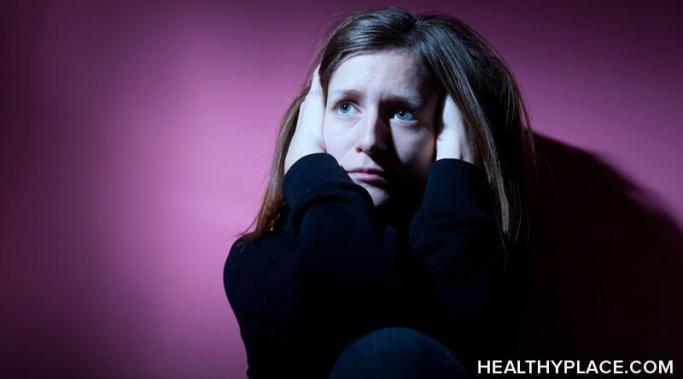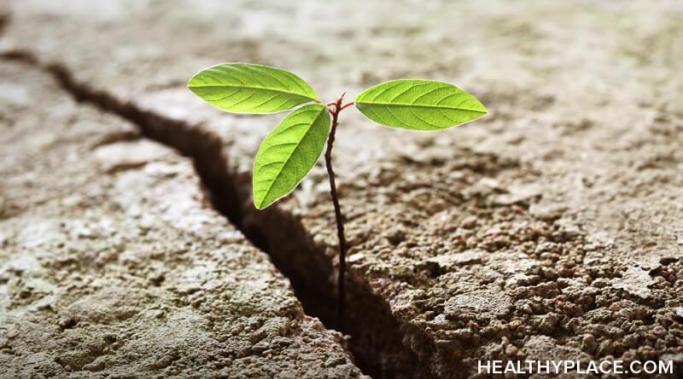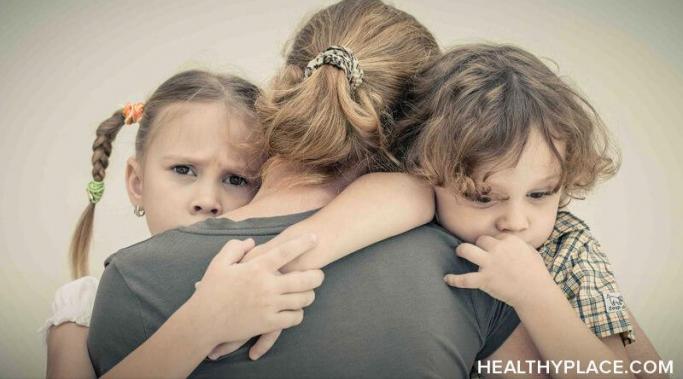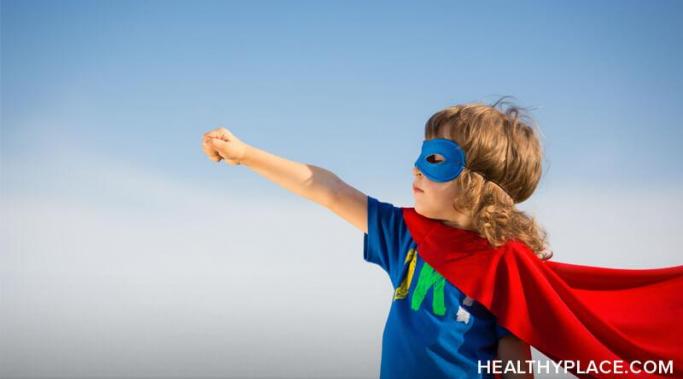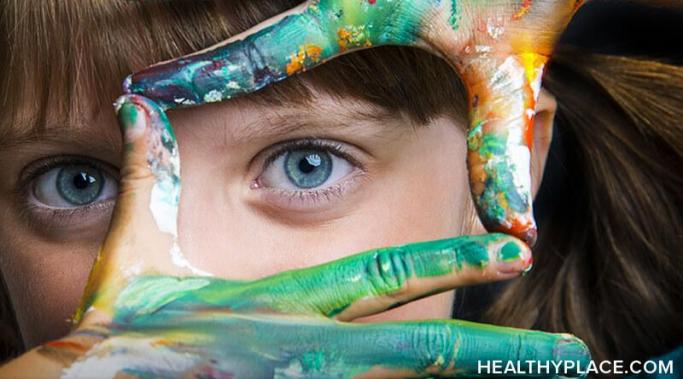Recently, I've learned that behavior that is convenient for others is not always healthy behavior for me. I was taught at a young age that my natural reactions to things were "overdramatic" or "wrong" and so I started to hide my real reactions and feelings. I got very good at doing what I was "supposed" to do and being the way I felt I was "supposed" to be. Over time, I became much more concerned with making sure my behavior was convenient for others rather than healthy for me.
Embracing Mental Health Recovery
I have been taking a poetry class at a nearby university -- one I attended when I was struggling in early recovery. In returning this fall I've had to face fears and past failures.
Is it possible to be grateful for mental illness? Some days, I hate having mental health issues and would do almost anything to make them go away forever. But other days, on my better recovery days, I'm almost grateful for my mental illness. It feels weird to be grateful for something that makes me so miserable so often, but at the same time, I think it's the natural result of living with a chronic condition. After all, the reality is that I can't make my mental illness go away, so I might as well find some silver linings.
People might think I have my life together, and for the most part, I do. But even after years of recovery, I still struggle. My struggles and how I react to them are different now from when I was first diagnosed, but some days it is painfully clear that recovery is a lifelong battle.
My daughter is only three years old, but I already worry that she might experience some of the same mental health issues I did growing up. There are some signs I want to look for.
It's that time of year where we all try and remember the importance of gratitude, so I want to take a moment to reflect on why I'm so grateful for the recovery progress I've made in the last year. Recovery is never a linear process, which means I've had my share of backslides, but I've also taken several important steps forward, and that should be celebrated.
It might seem pessimistic to plan on having postpartum depression, but if it's something you're nervous about, it's best to be prepared with a postpartum depression support plan.
Do you need some mental health encouragement? Watch this video.
Depression in recovery often presents very differently compared to untreated depression, but that doesn't mean that the struggles aren't valid. It means that as symptoms improve and you find healthy coping mechanisms, your depression will start to manifest in different ways.
Using creative projects for mental illness recovery helps me immensely. The arts have played an integral part in my recovery from schizoaffective disorder. It all started with a five-week stay at a treatment center where I received my initial diagnosis. There was a lot of downtime at the center and I was frequently digging through their stash of art supplies. I had frightening visual hallucinations and found it very therapeutic to draw them.
